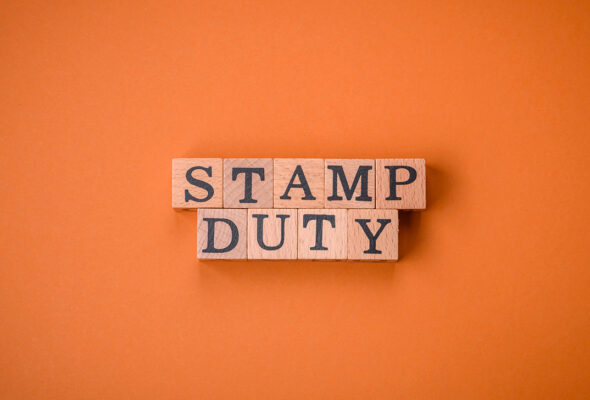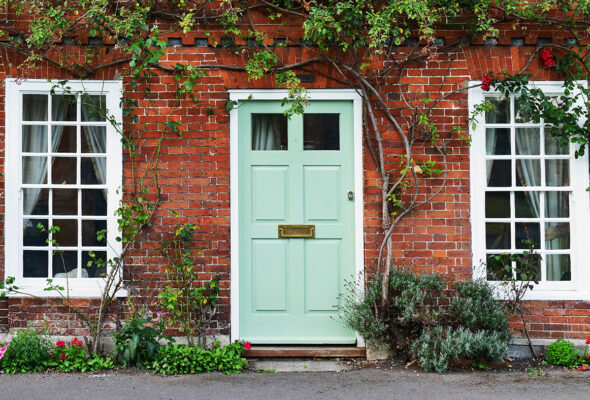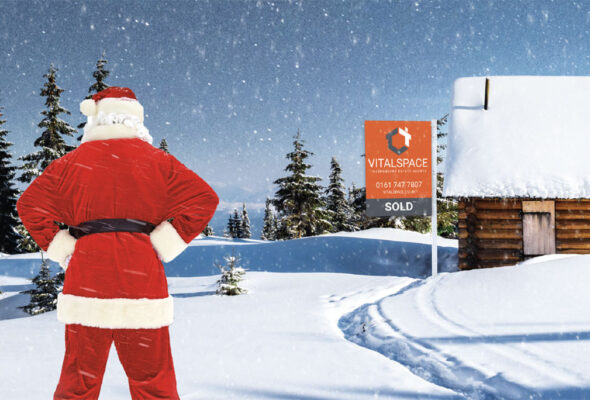The two most common forms of property ownership in the UK are freehold and leasehold. But what do these terms mean in practice? Whilst it might sound quite technical, knowing whether or not the property you want to buy is freehold or leasehold is extremely important. It makes the difference between owning your own home outright, and living on somebody else’s land. Here is a breakdown of some of the most important aspects of owning a freehold or leasehold property.
What Does It Mean To Buy A Leasehold Property?
If you are planning to buy a property and it is Leasehold, this means that you have a lease from the person who owns the freehold (sometimes called the freeholder or landlord). This lease states that you are allowed to use the home for a number of years. Leases are usually long term, often 90 years or 120 years and sometimes as high as 999 years. However, they can also be short, like 40 years. If you buy a leasehold property, you do not own the land the property is built on. All rights to this land remain with the freeholder. Flats are almost always leasehold. They usually come with monthly or yearly charges to the freeholder or their agents to cover service, maintenance or ground rent. Make sure you’re aware of the service charges before you put in an offer on a property as it might affect whether you can afford to live there.
You are entitled to ask the landlord to extend the lease at any time but they can charge you for doing this. After you have owned your home for two years, you have the right to extend your lease by 90 years as long as you are a ‘qualifying tenant’. You are normally a qualifying tenant if your original lease was for longer than 21 years. Always seek the advice of a conveyancing solicitor.
It is important to remember that affordable ground rents can rise substantially over the years, so ask your conveyancing solicitor about the rental projections on any leasehold purchase.
Drawbacks Of Leasehold Properties
With a leasehold property you:
What Does It Mean To Buy A Freehold Property?
Freehold property means you own both your property and the land on which it stands. There are no time limits or maintenance charges other than those you choose to take on. Most houses are freehold though there was a recent controversial incidence of new build homes being sold on a leasehold or part-freehold basis.
In these cases, leaseholders had the option to buy the freehold. Some developers of new-build houses have been reported as giving freeholds to buyers for nothing so if you find yourself in this position it is worth enquiring what terms are available.
With a freehold property:
Legalities Of Buying Leasehold Properties
If you are buying a leasehold property then your conveyancing solicitor will need to examine the lease and its terms in addition to all the usual legal work involved in buying a property. They will also have to communicate with the landlord and/or management company as well as the sellers conveyancing solicitor. This can make the process longer and in some cases make conveyancing fees more expensive.
Once your conveyancing solicitor has received instructions, they will ask the seller’s solicitor for a copy of the lease. The lease is a contract between the leaseholder (you once you own the property) and the freeholder/landlord. The lease gives you the right to live in the property for a set period subject to specific conditions that will be written into the lease as outlined above. Your solicitor should then be able to provide you with a ‘report on title’. This includes a summary of the main provisions of the lease.
Conveyancing on a leasehold property can be more expensive than for buying a freehold property because your solicitor has extra work to do. Often this is more the case for apartments and flats as they are more complex than dealing with leasehold houses. Your conveyancer will advise any additional fees that will be incurred.
If you buy a leasehold property, you will also have to pay for a Notice of Assignment also known as a Notice of Transfer. Your conveyancing solicitor will send this to the landlord informing them you are the new owner. This can cost from £0 up to £300. If you are taking out a mortgage, then a Notice of Charge is also sent to the landlord since the lender has an interest in the property. This will add another £50 to £200 to your fees on top of conveyancing and disbursements.
Although buying a leasehold property may seem more complicated and expensive the legalities will be dealt with by your conveyancer and not yourself. They will also try to keep any additional fees to a minimum. At VitalSpace we are experienced in dealing with the sale and purchase of leasehold property so can guide you through the process. It shouldn’t be a reason not to buy a property.
Are you looking for more information about buying a home?
Click the link below and a member of our team will contact you to explain more.
Contact us for more information.










